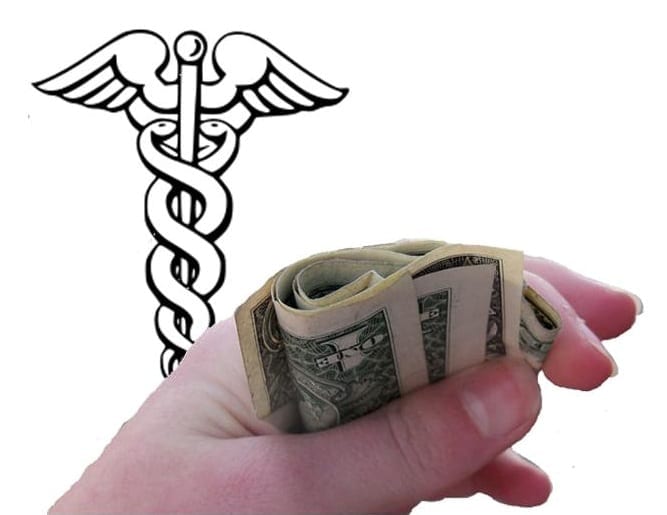Washington residents will be paying more for their insurance coverage in 2015
 Health insurance in Washington may become more expensive next year. The Office of the Insurance Commissioner expects to see premiums grow by a modest degree in 2015, noting that those with coverage and those seeking coverage will be spending more money on their policies. Rates are expected to see modest growth in comparison to how much they had increased in the years leading up to federal health care reform.
Health insurance in Washington may become more expensive next year. The Office of the Insurance Commissioner expects to see premiums grow by a modest degree in 2015, noting that those with coverage and those seeking coverage will be spending more money on their policies. Rates are expected to see modest growth in comparison to how much they had increased in the years leading up to federal health care reform.
Insurance rates expected to increase by an average of 8.25% for 320,000 policyholders
The Office of the Insurance Commissioner expects to see health insurance premiums grow by an average of 8.25%. Rate increases are likely to affect some 320,000 consumers throughout the state, many of whom will be purchasing insurance coverage in 2015. Washington is the first state in the country to establish a rate-setting regulatory structure in compliance with the Affordable Care Act. This requires insurance companies to submit rate proposals a full year before they begin to sell policies in the market.
Rate proposals from insurers are more modest than had been expected
State insurance regulators have noted that they were surprised when they received rate proposals from insurance companies. Regulators had initially believed that insurers would seek to raise rates by a significant margin in order to overcome the costs they faced through their compliance with certain federal regulations. In Washington, however, rate proposals were much more modest than regulators had expected. The popularity of the state’s insurance exchange may be partly responsible for this.
Insurance exchange may be influencing rate proposals from insurers
The state’s health insurance exchange has successfully created a more competitive atmosphere within the Washington insurance market. The exchange exists as a digital marketplace where consumers can find a wide variety of affordable insurance policies. Insurers participating in the exchange have had to compete with one another in order to engage consumers more effectively, offering these consumers low-cost, yet comprehensive insurance policies. The exchange has also had an impact on the private market, encouraging insurance companies to provide their customers with affordable coverage and modest rate increases.
